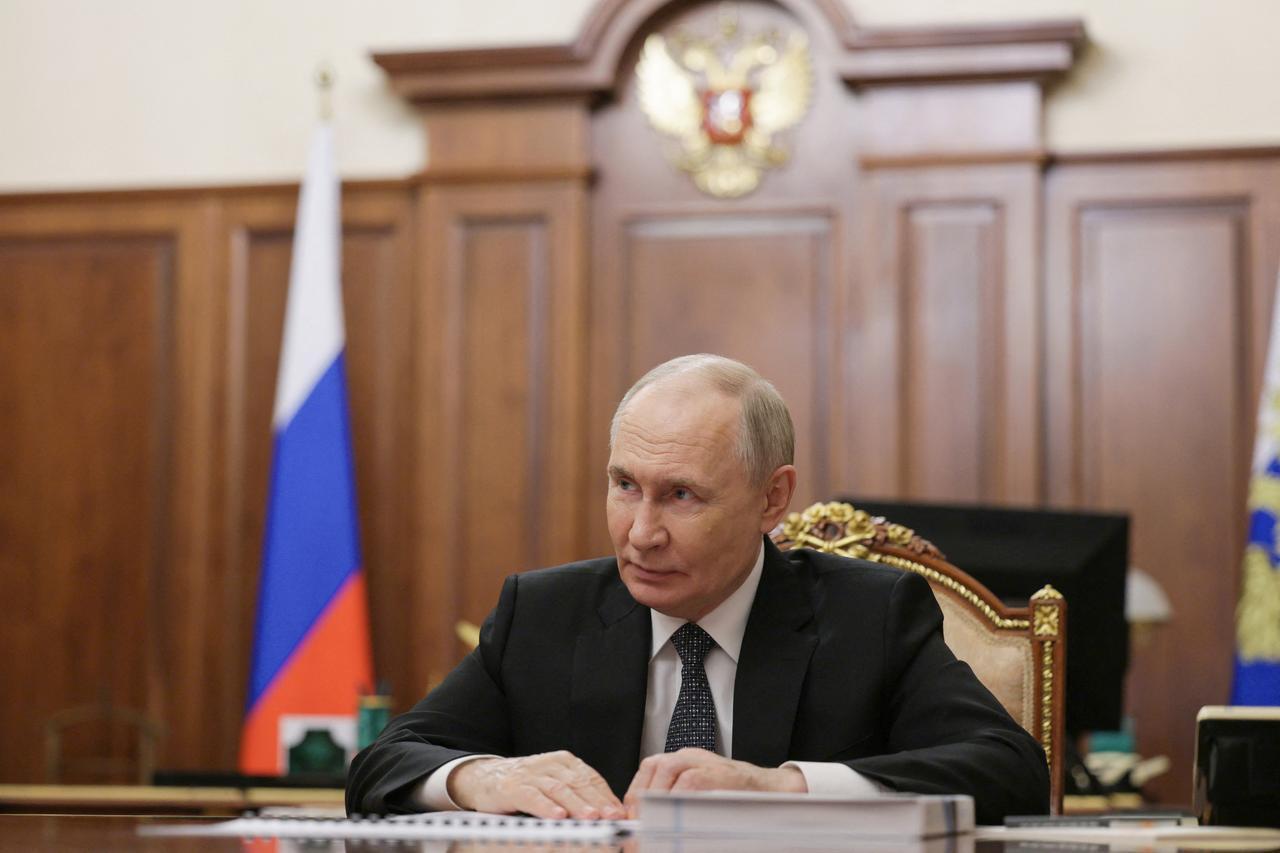
Russia urged the United States on Wednesday to avoid direct military involvement against Iran, warning that such action would "radically destabilize" the Middle East as tensions escalate following Israeli strikes on Iranian nuclear infrastructure.
Russian Deputy Foreign Minister Sergei Ryabkov, speaking at an economic forum in St. Petersburg, told the Interfax news agency that Moscow was pressing Washington to refrain from joining potential military action against Tehran.
"This would be a step that would radically destabilize the entire situation," Ryabkov said, criticizing what he called "speculative, conjectural options."
The warning comes as Russian officials express alarm over Israeli attacks on Iranian nuclear sites. Foreign Ministry spokeswoman Maria Zakharova said the strikes had brought the world "millimeters" from catastrophe, while the head of Russia's SVR foreign intelligence service, Sergei Naryshkin, described the Iran-Israel situation as critical.
"Nuclear facilities are being struck," Zakharova told Reuters, noting that the U.N. nuclear safety watchdog had already documented specific damage. "Where is the (concern from the) entire world community? Where are all the environmentalists? I don't know if they think they are far away and that this (radiation) wave won't reach them. Well, let them read what happened at Fukushima."
Israel maintains it has targeted Iranian nuclear facilities to prevent Tehran from developing atomic weapons. Iran denies seeking nuclear arms.
The diplomatic tensions highlight Russia's complex position in the Middle East conflict. Moscow signed a strategic partnership with Iran in January but maintains relationships with both Tehran and Israel, though ties with the latter have been strained by Russia's war in Ukraine.
President Vladimir Putin spoke with U.S. President Donald Trump by phone Saturday, offering Moscow's services as a mediator in the Iran-Israel conflict. Trump indicated openness to the proposal before demanding Iran's "unconditional surrender."
A source familiar with U.S. internal discussions said Trump and his administration were considering options including joining Israel in strikes against Iranian nuclear sites.
The 20-year strategic partnership pact signed by Putin and Iranian President Masoud Pezeshkian does not require Russia to provide military assistance to Tehran, despite the countries' close military cooperation.
Putin has already lost a key Middle East ally with the fall of Syria's Bashar al-Assad in December. Former Kremlin adviser Sergei Markov suggested the Iran conflict, while opposed by Russia, could benefit Moscow through higher oil prices and increased Chinese demand for Russian energy as Iranian oil becomes harder to source.
Russia's mediation offer has not been accepted by the conflicting parties as tensions continue to mount across the region.